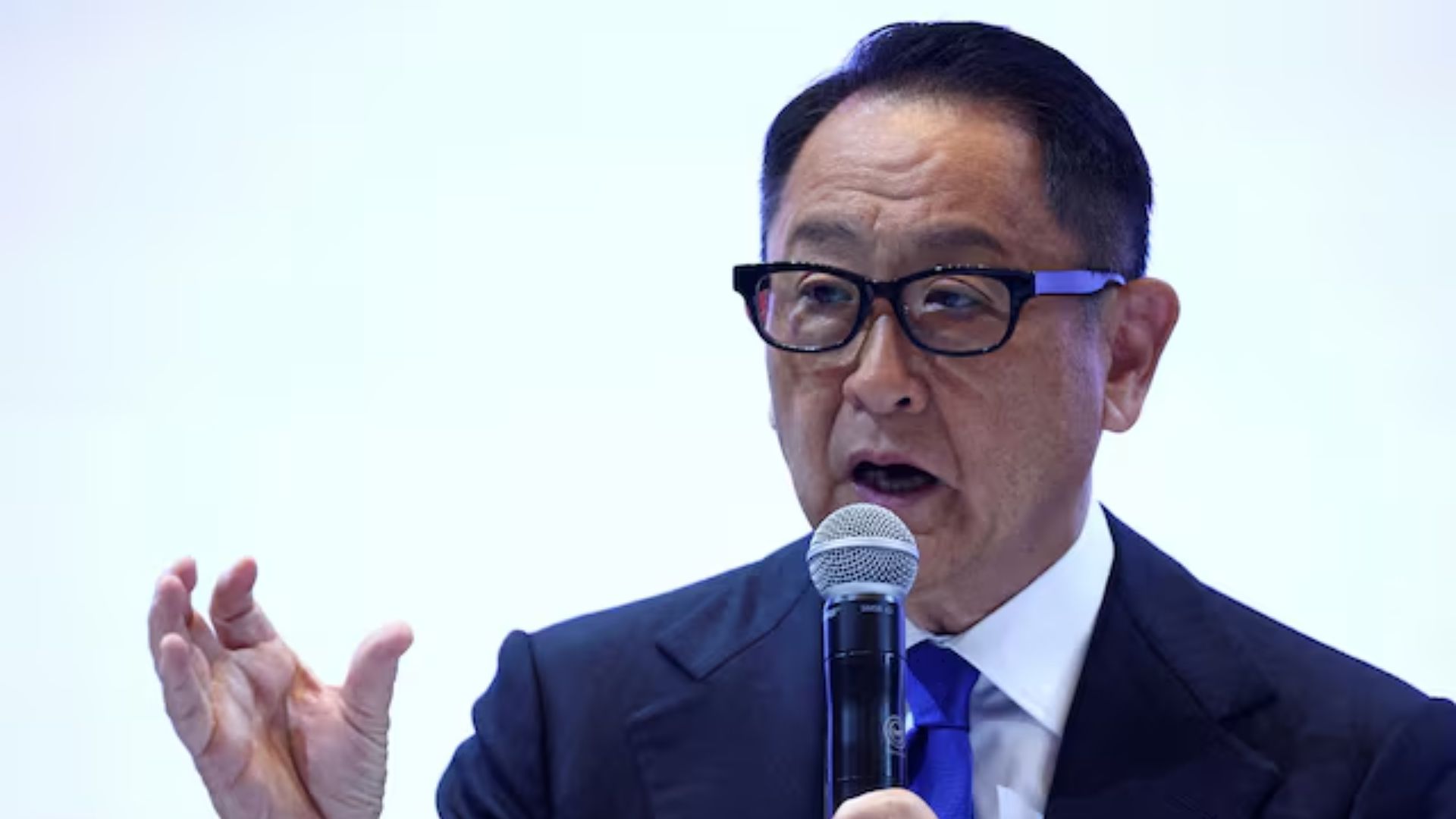TOYOTA CITY, Japan, (Reuters) – Toyota Motor shareholders backed Chairman Akio Toyoda and nine other members of the automaker’s board on Tuesday, despite concerns about governance raised by two leading proxy advisers.
Toyoda’s re-election as chairman was a focal point of its annual shareholder meeting after the proxy advisers recommended that investors vote against it.
Shareholders also rejected an investor proposal urging greater disclosure of climate lobbying that had been opposed by Toyota. The breakdown of both votes will not be released until Wednesday.
The grandson of the company’s founder, Toyoda remains deeply popular among retail shareholders. He has been praised for steering the company to another year of record profits and a strong stock performance last year.
“I bought Toyota shares with my retirement bonus,” 84-year-old Hidenori Takahashi told Reuters ahead of the meeting, adding he believed it was the “best company in Japan” for shareholders.
He said the ongoing certification issues that had roiled the automaker were “a bad thing” but that Toyoda seemed eager to take steps to prevent the wrongdoing from recurring.
While Toyoda faced little risk of not being re-elected, a big fall in his approval rating could be an embarrassment for a company that has been the world’s top-selling automaker four years in a row.
Toyoda’s approval rating fell to 85% last year from 96% in 2022.
The automaker has been bedevilled by a spate of safety and other certification testing violations at Toyota and its group companies, including small car maker Daihatsu. Institutional Shareholder Services (ISS) had taken issue with the way the automaker has dealt with problem.
Glass Lewis, which had recommended that Toyoda not be re-elected for a second year in a row, said that he is responsible for the board’s lack of independence and also cited concerns about its strategic shareholdings and return on equity.
More certification irregularities have come to light since the proxy advisers made their recommendations.
In early June, Toyota said it had wrongly conducted six different vehicle certification tests in the past, including for three models that were still being sold.
It has said its wrongdoing included conducting some of the tests under more strict conditions than those set out by the government, invalidating their results.
Toyota has told Reuters previously that taking stock of its mistakes was long rooted in its corporate culture and Toyoda would take the lead in re-instilling that culture and working with group companies to ensure effective governance.
Toyota’s shares have fallen 10% since the new revelations came to light, but are still up 18% for the year.
Reporting by Maki Shiraki in Toyota City and Daniel Leussink in Tokyo; Editing by David Dolan and Edwina Gibbs











